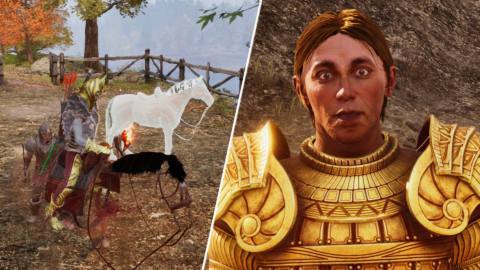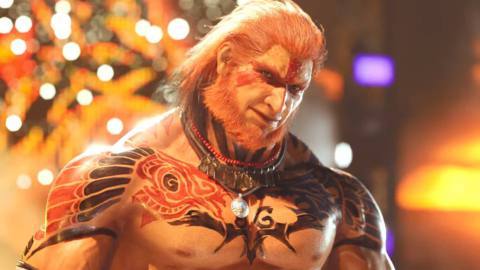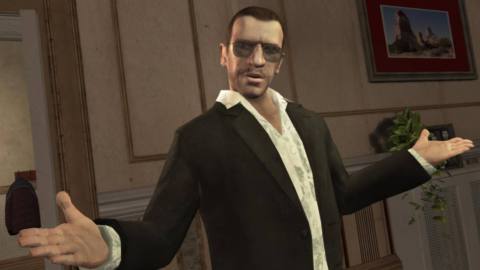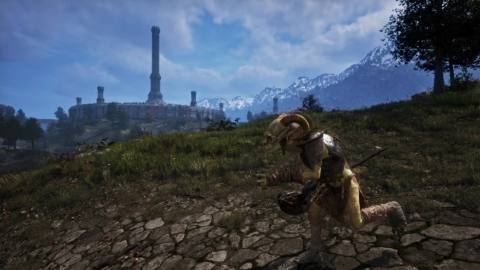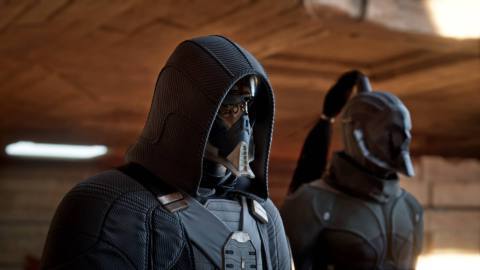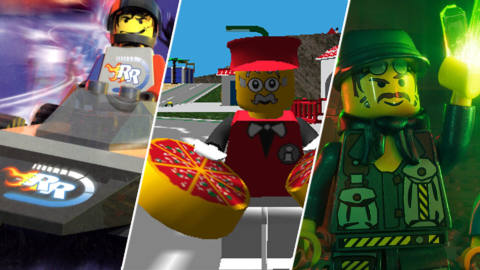
This week, Lego turns 90 years old – an incredible milestone for a little toy company that, at several points in its life, was on the verge of going under. It’s more impressive still that Lego reaches this milestone while one of the biggest toy brands on the planet, recognizable to children everywhere, and all achieved while remaining a private company.
Lego has always had an interesting relationship with video games. On one hand, the company naturally sees video games as competition: when Lego’s financial results declined for the first time in 13 years (half a decade ago), one market factor the company pointed the finger at was kids playing more video games. At the same time, however, gaming has become an inexctricable part of Lego’s business.
We now get a high-quality Lego-based video game at least every couple of years – and quite often more frequently than that. These are usually based on Lego’s licensed properties – so gaming adventures that retell the stories of comic book, or Star Wars, or Harry Potter and its kin – just with the tale spun in a blocky, comedic form. A lot is owed to the Lego games as designed by British developer Traveler’s Tales, in fact: much of the presentation of the hugely successful Lego movies has its genesis in these gaming experiences.

